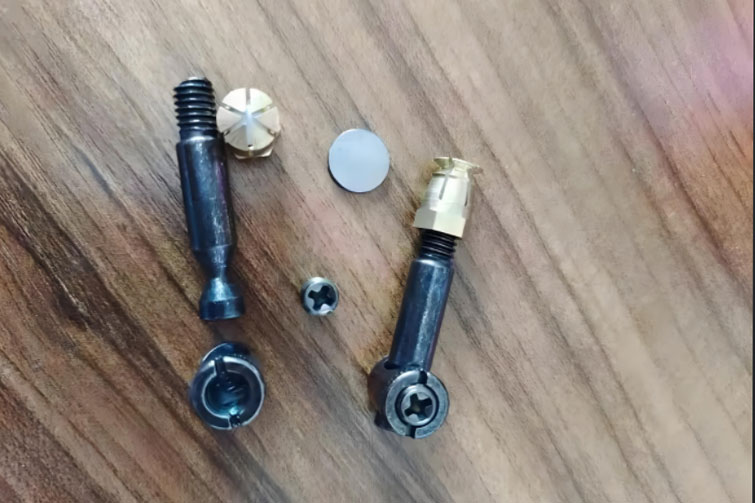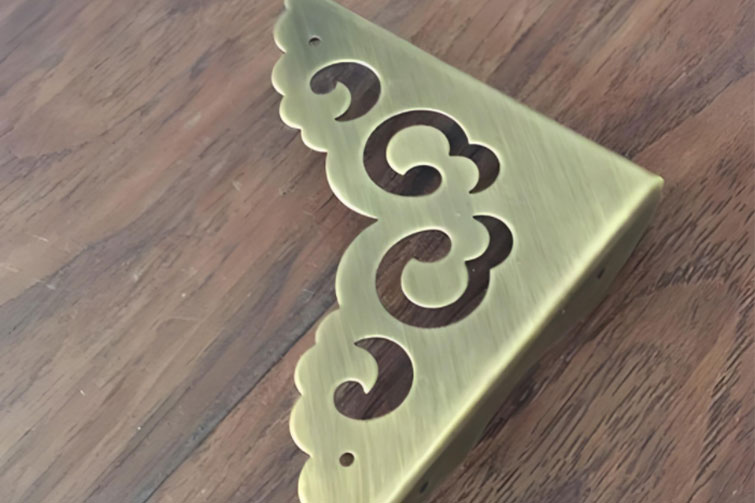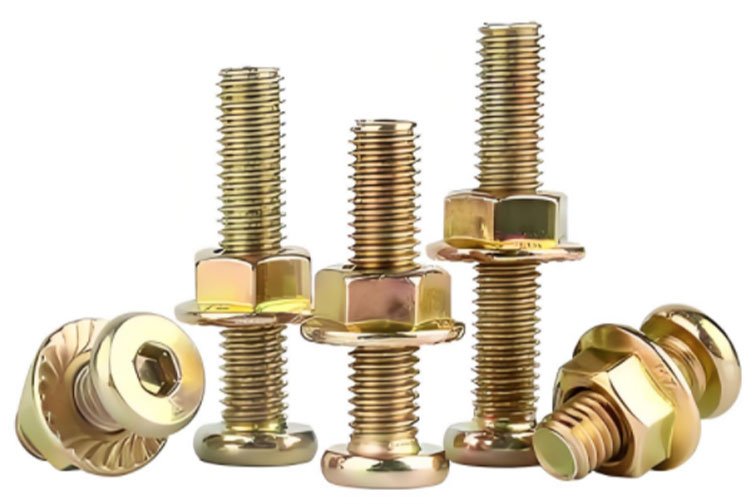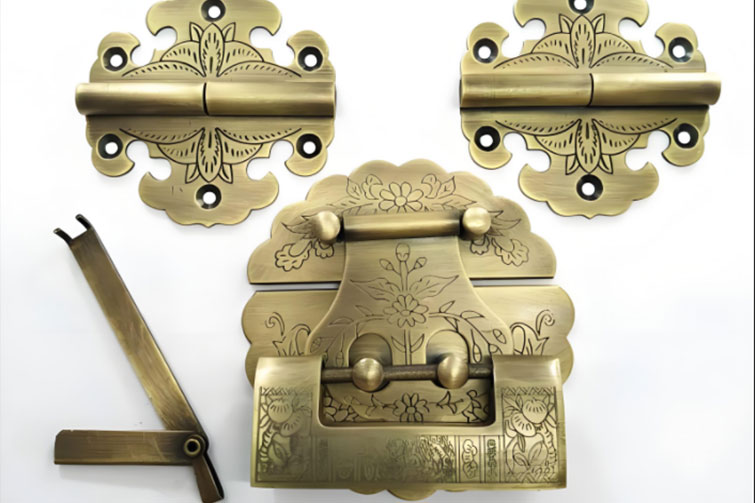

Key Considerations When Buying Furniture Hardware
Choosing the right hardware for your furniture is essential to enhance both its functionality and aesthetics. Furniture hardware includes handles, hinges, knobs, locks, and drawer slides, which not only support the practical use of the furniture but also contribute to its overall style. Here are the important considerations when buying furniture hardware:
1. Material Selection
The material of the hardware directly impacts its durability, appearance, and resistance to wear. Common materials used for furniture hardware include:
- Stainless Steel: Highly resistant to rust and corrosion, stainless steel is a strong and durable material that works well in humid environments like kitchens or bathrooms.
- Brass: Brass has a classic look and is corrosion-resistant, making it ideal for long-term use. It adds an elegant touch to furniture, especially vintage or traditional styles.
- Zinc Alloy: Zinc alloy is durable, affordable, and often used for handles and knobs. It has good corrosion resistance but is typically coated or plated for extra protection.
- Iron: Often used for decorative or rustic-style furniture, iron is strong but may require a protective coating to prevent rusting over time.
2. Finish and Coating
The finish of the hardware can impact both its appearance and its resistance to scratches and tarnishing. The right finish also helps the hardware complement the furniture design. Common finishes include:
- Chrome: A shiny, sleek finish that works well in modern designs. Chrome is resistant to tarnishing but may show fingerprints easily.
- Satin or Matte: Satin or matte finishes, like brushed nickel or matte black, hide fingerprints and scratches well. These are popular in contemporary or minimalist furniture designs.
- Antique or Aged Finishes: Perfect for rustic or vintage furniture styles, these finishes give the hardware an aged look and can include weathered brass, copper, or bronze.
3. Functionality and Mechanism
Before purchasing, consider the functionality of the hardware based on the furniture's intended use:
- Soft-Close Mechanisms: Many hinges and drawer slides come with soft-close features, which prevent slamming and add to the longevity of the furniture. This is especially useful for kitchen cabinets and frequently used drawers.
- Ball-Bearing Drawer Slides: These slides are durable and provide smooth drawer operation, even with heavy loads. They are preferable for drawers carrying a lot of weight.
- Full-Extension Slides: These allow the drawer to open fully, giving access to the entire drawer space. They are useful in dressers, kitchen drawers, and office furniture.
4. Style and Design
The hardware should complement the design of your furniture and the overall style of your room. Whether you prefer a modern, traditional, rustic, or vintage look, the design of the hardware can influence the final appearance of your furniture.
- Matching the Furniture Style: For modern furniture, minimalist and sleek hardware with chrome or matte finishes works best. Traditional or vintage furniture often looks better with brass, bronze, or iron hardware.
- Size and Proportion: Ensure that the size of the hardware, such as handles or knobs, is proportionate to the furniture. Oversized hardware may overpower a small piece of furniture, while tiny handles may look awkward on larger items.

5. Durability and Load Capacity
It's important to consider how much weight the hardware will need to support. For example:
- Heavy-Duty Drawer Slides: If you’re choosing drawer slides for large drawers filled with heavy items, make sure they are rated for a higher weight capacity.
- Strong Hinges: Doors or cabinets that are frequently used or heavy need strong, durable hinges that can support their weight over time without sagging or failing.
6. Ease of Installation
Some hardware can be challenging to install, requiring special tools or expertise. When selecting hardware, consider whether you will install it yourself or hire a professional.
- Pre-drilled Holes: For easier installation, check if the hardware comes with pre-drilled mounting holes that align with the existing holes in your furniture.
- Included Mounting Hardware: Make sure that screws, bolts, and other necessary mounting accessories are included with the hardware for hassle-free installation.
7. Corrosion and Moisture Resistance
For furniture in bathrooms, kitchens, or outdoor areas, choose hardware that is resistant to moisture and corrosion. Stainless steel, brass, and zinc alloy are good options for humid or wet environments, while iron and uncoated metals may not be suitable unless they are specially treated.
8. Price and Brand Reputation
Price is always a factor when buying hardware, but quality should not be compromised. Invest in reputable brands that are known for high-quality, durable products. Cheaper hardware may save money upfront, but it may wear out quickly or require frequent replacement.
- Warranty: Many reputable hardware brands offer warranties, which can be a good indicator of the product’s longevity and quality.
- Reviews and Recommendations: Check customer reviews and expert recommendations to ensure you're buying reliable hardware that will last.
Conclusion
When buying furniture hardware, it's essential to focus on materials, finishes, functionality, and durability. The right hardware should not only look good but also serve the practical needs of the furniture. By considering factors like weight capacity, ease of installation, and resistance to wear, you can choose furniture hardware that will perform well for years to come, enhancing both the appearance and functionality of your furniture.





